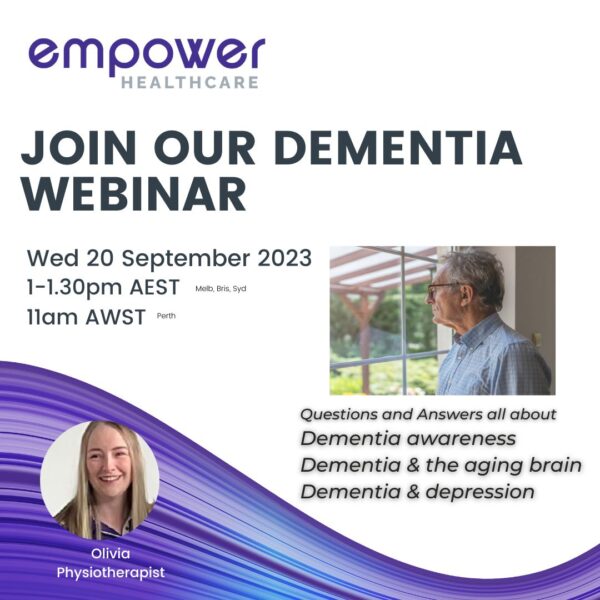We can help you take the guesswork and uncertainty out of whether your client would benefit from the success of physiotherapy, an exercise program or assistive equipment to improve their mobility when movement is challenging.
Our multidisciplinary team understand that mobility inside the home, within the community and beyond is a requirement for independence and a cornerstone of quality of life at all ages.
To assess mobility, our team may:
- Perform a thorough subjective assessment to ascertain what aspects of movement a client is finding challenging and what effect that has on their lives.
- Analyse gait on a variety of surfaces.
- Evaluate a person’s ability to move in bed, sit and stand up.
- Assess stair or step climbing, if appropriate.
- Determine the need for mobility aids.
- Assess strength, endurance, and balance to understand the causes of loss of mobility.
Once a thorough assessment has been performed, we will work with clients to create goals of treatment and individualised interventions that can help them to reach those objectives.
Here’s five signs that a person may need a mobility assessment:
- Reduced ability to manage activities of daily living due to problems with walking, standing up or stair climbing.
- Loss of confidence in leaving the house.
- Family members or caregivers reporting an increased need to assist with standing-up and walking.
- A history of falling or fear of falling.
- Anyone returning home after a period of prolonged hospitalisation due to injury or illness who is experiencing a reduction in function.
With our multidisciplinary and holistic wellbeing approach, Empower’s assessment reports provide clarity and direction to equip you with the knowledge to determine the best care plan going forward.
Go to our online referral to get started. https://www.empowerhealthcare.com.au/referrals/
The Empower Difference
Changing Lives Through Exceptional Care
We pride ourselves in the delivery of innovative, high-quality, allied health solutions that constantly evolve to exceed the needs of your clients and their communities. Our service model integrates five service commitments that empower you to help your clients improve their sense of self-identity, quality of life, and ability to live safely in their environment.
- Extensive service offerings
- Care provided by highly skilled clinicians
- A team approach to delivering continuity of care
- User friendly referral process
- Superior reports providing clarity on future care needs.
Click on your relevant health care industry sector below to learn more.
How To Get Clients Started With Our Home Care & NDIS Services
Simply click on the image below for our referral form.

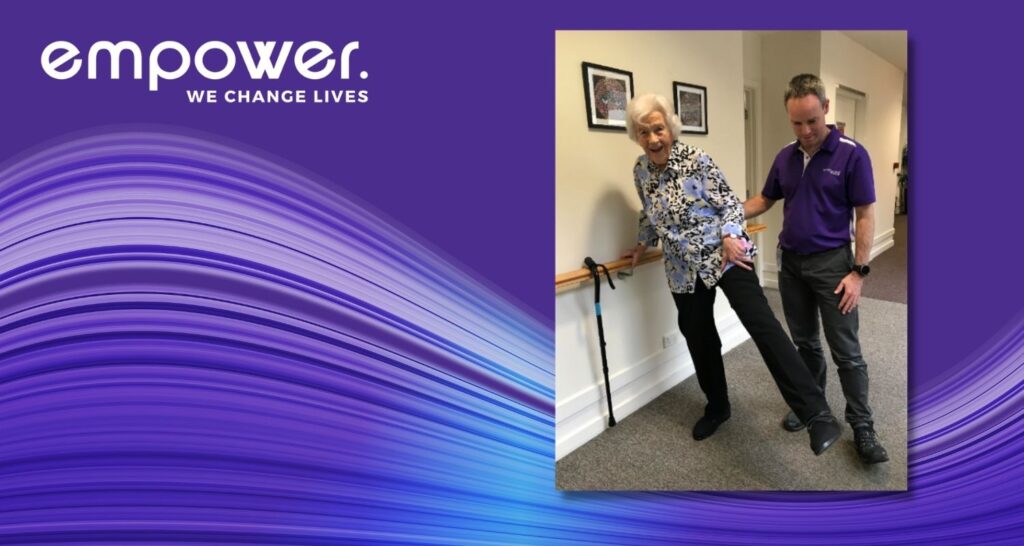
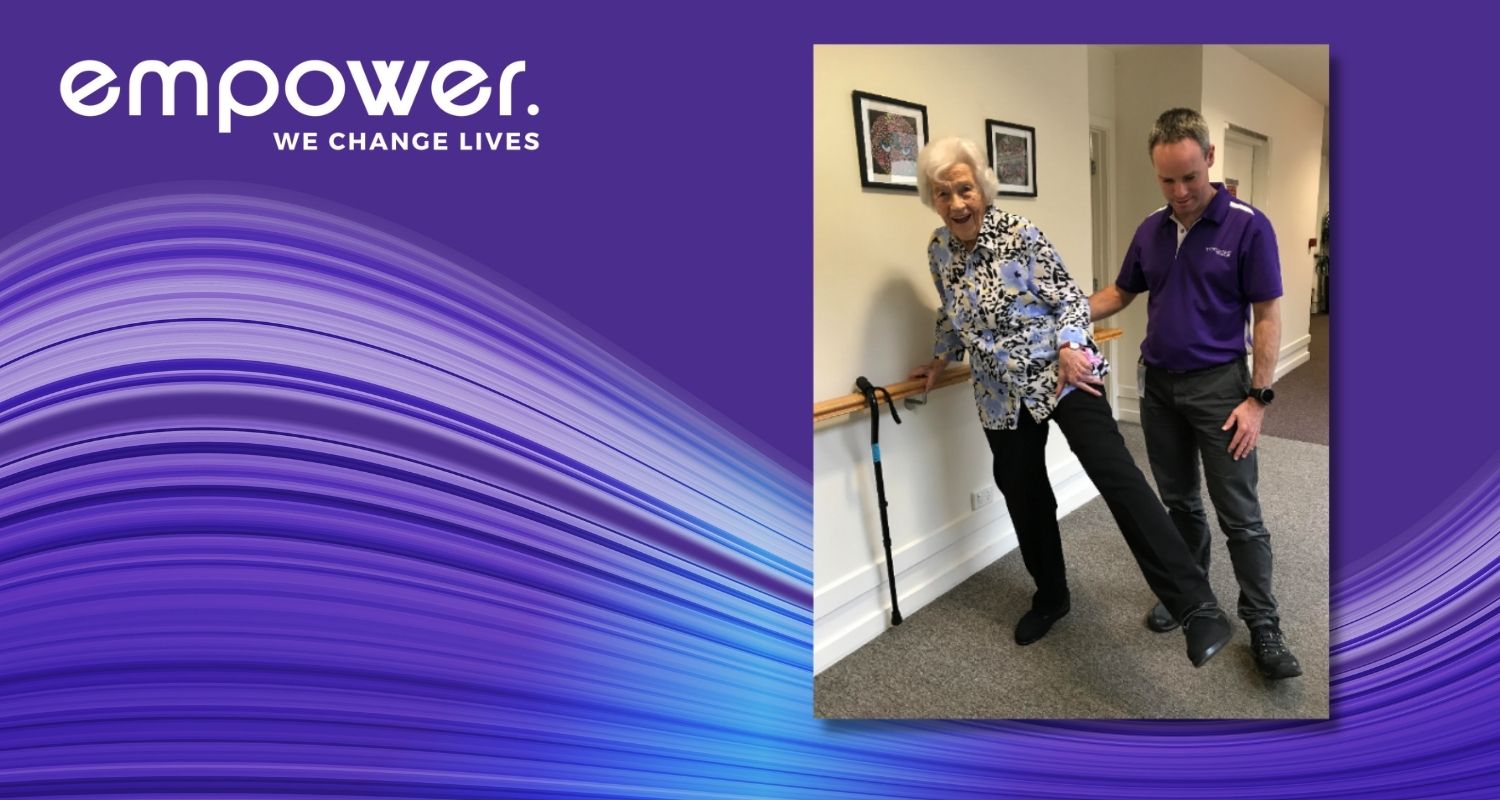
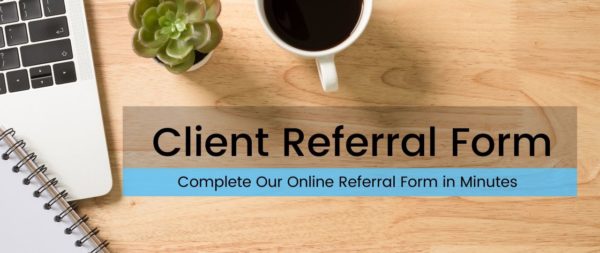
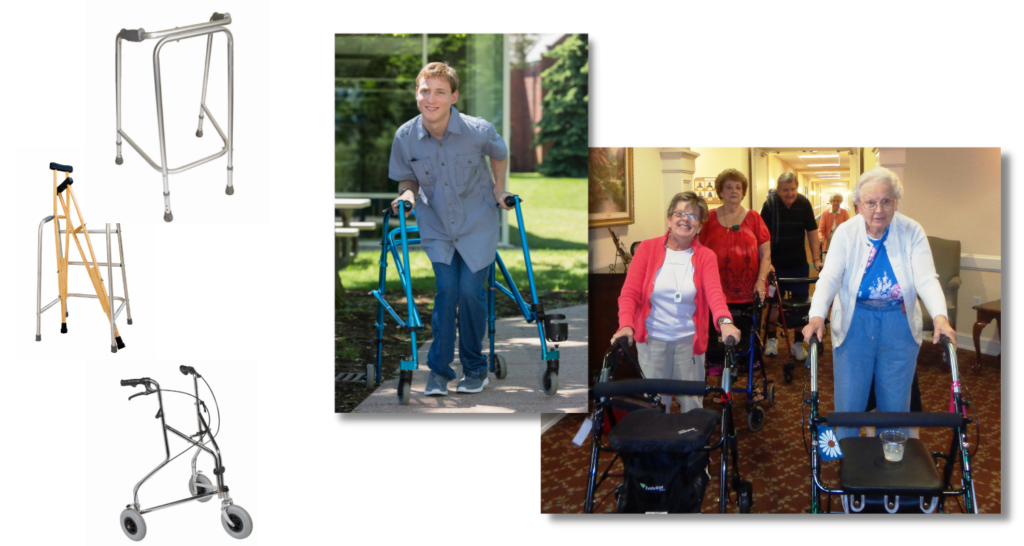
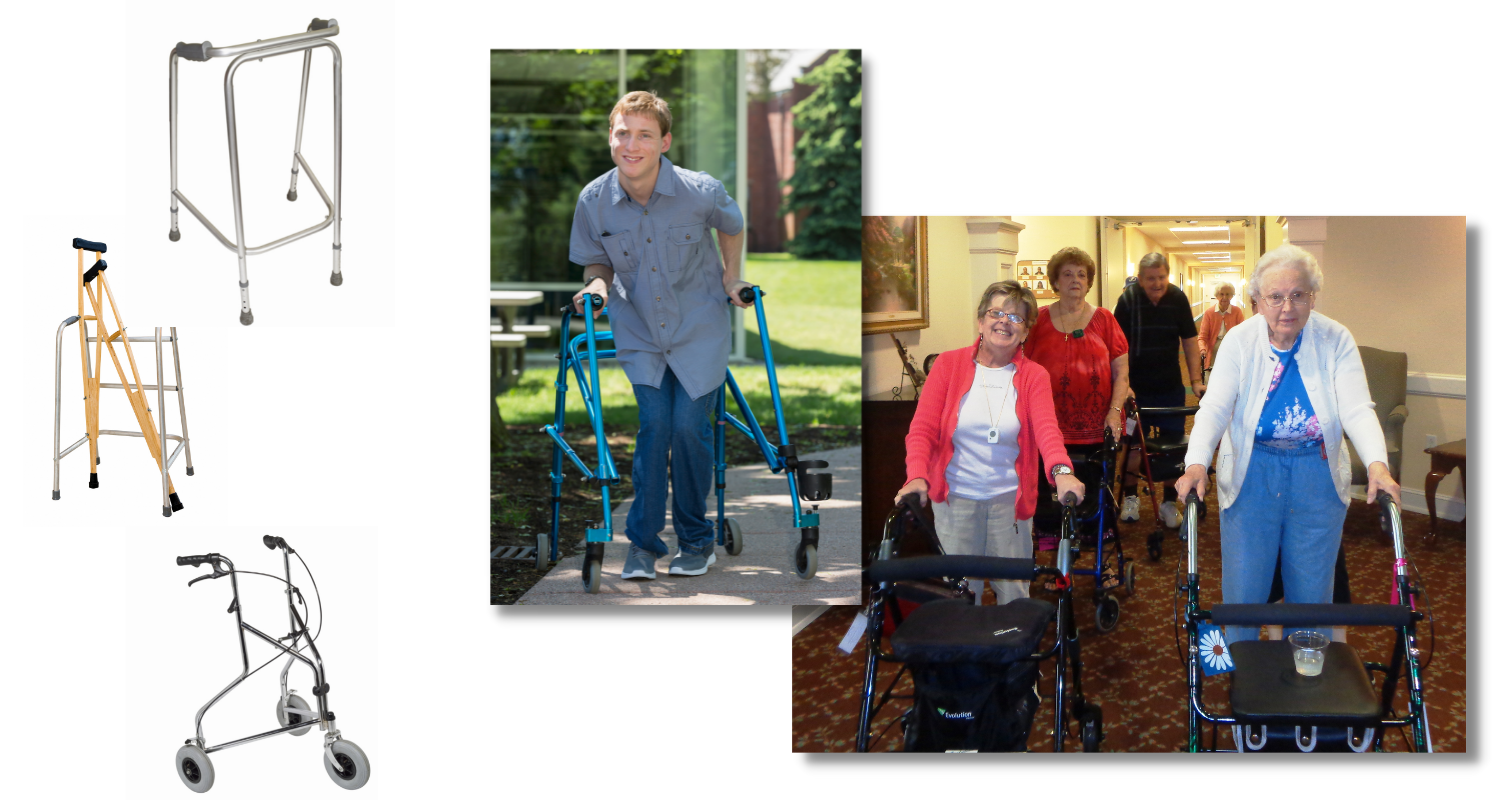
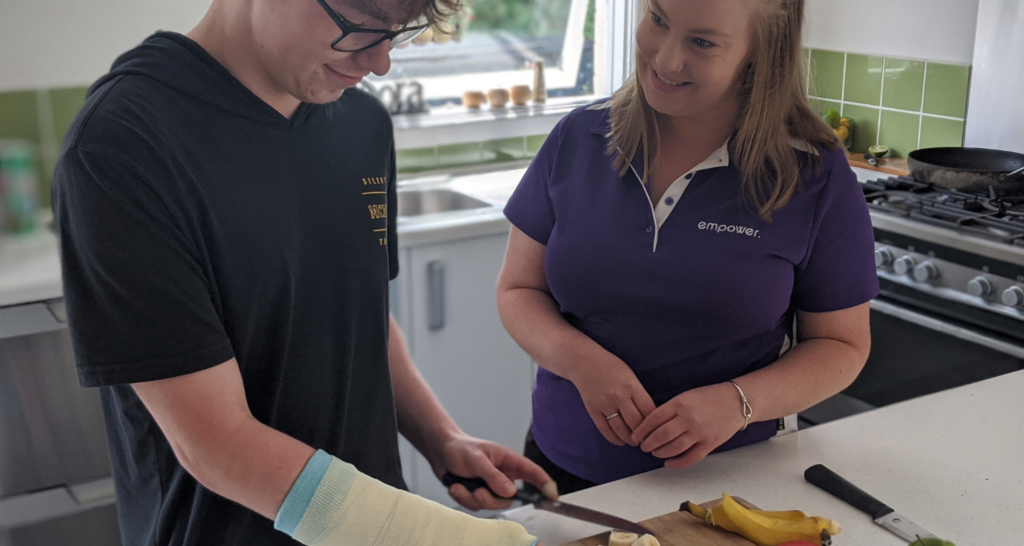
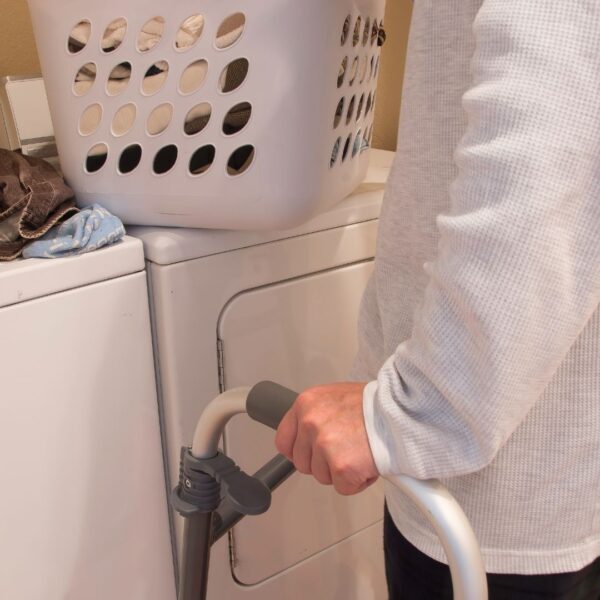
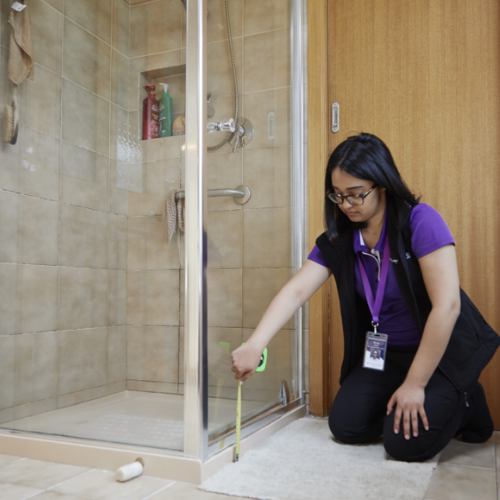

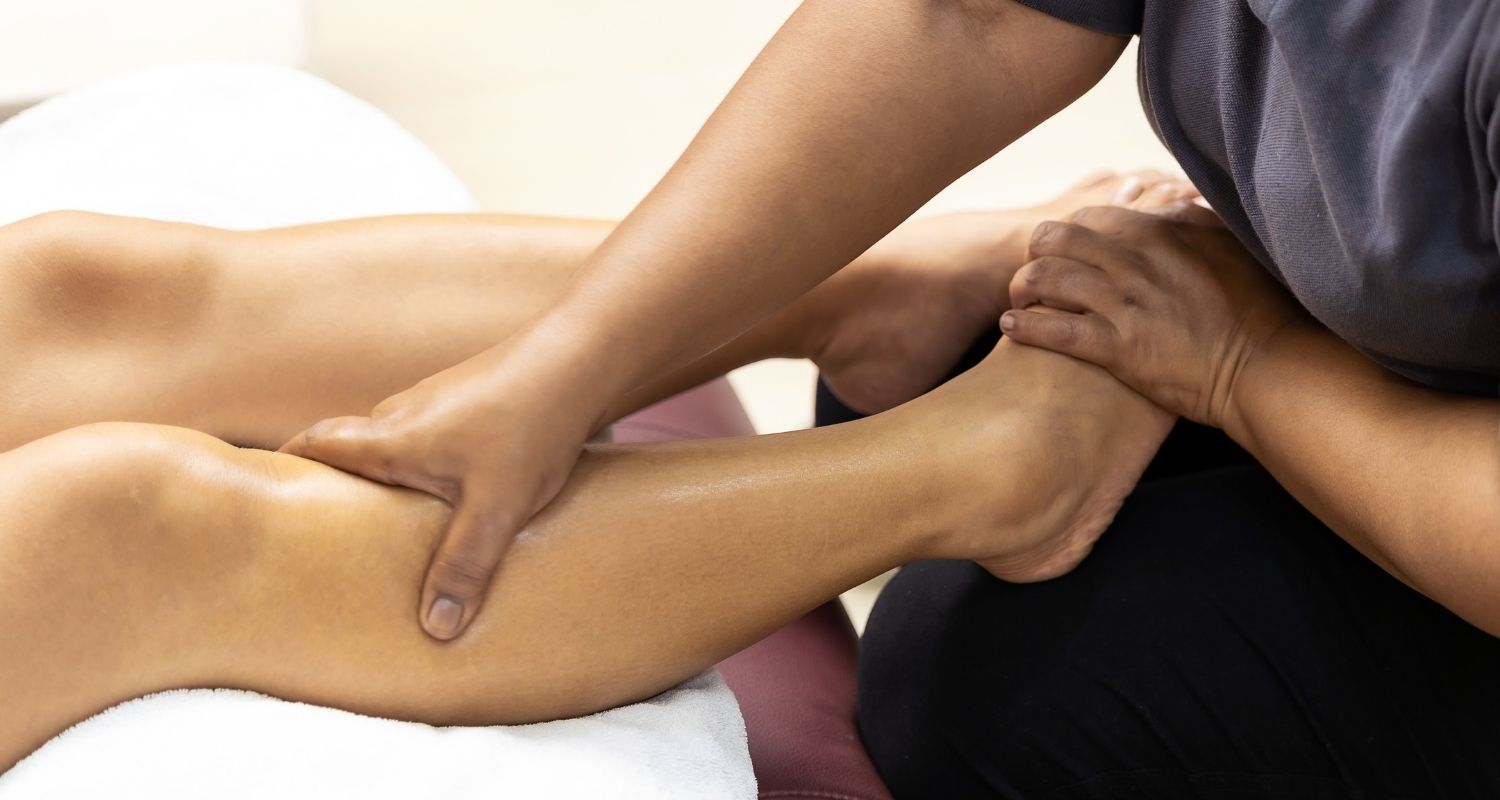


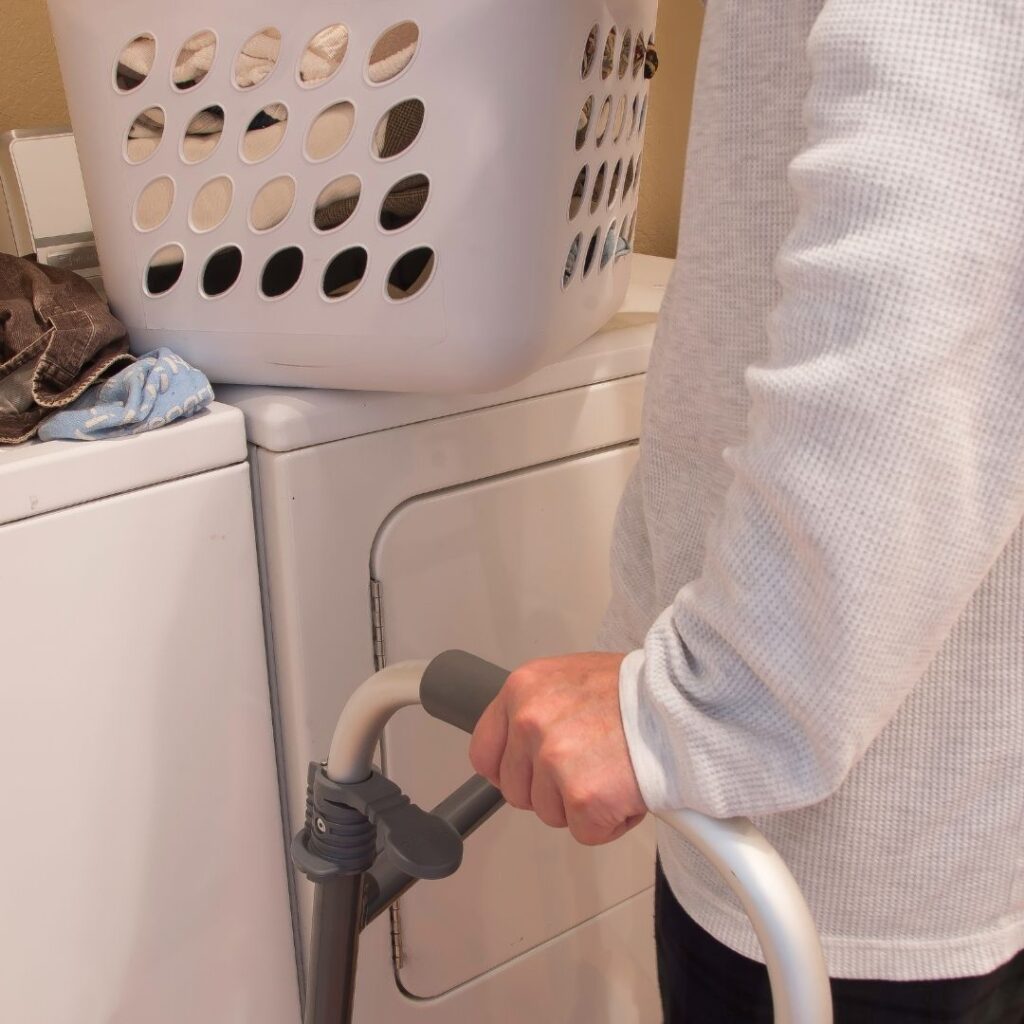
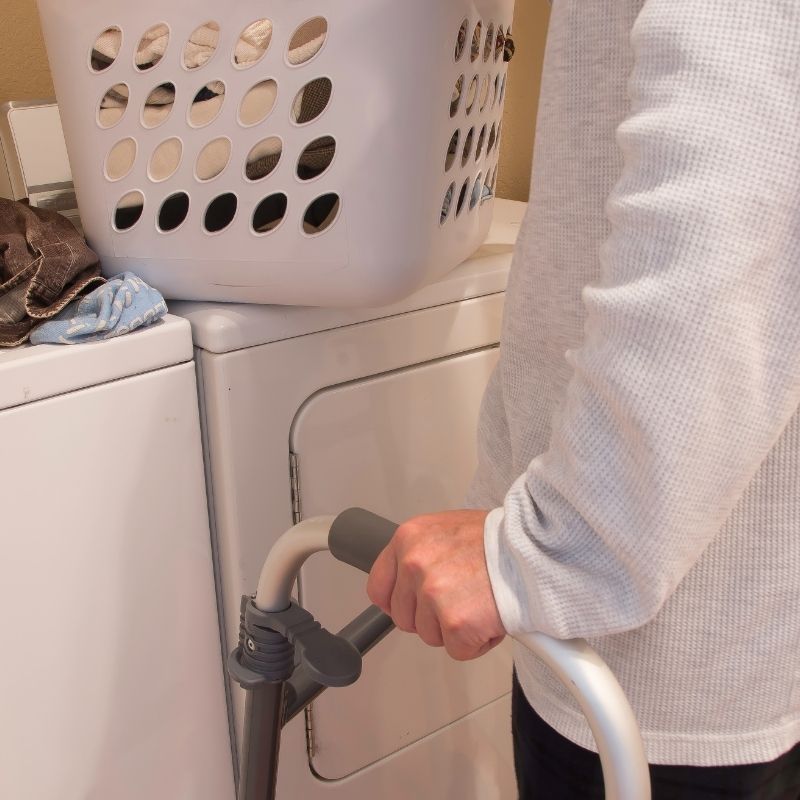
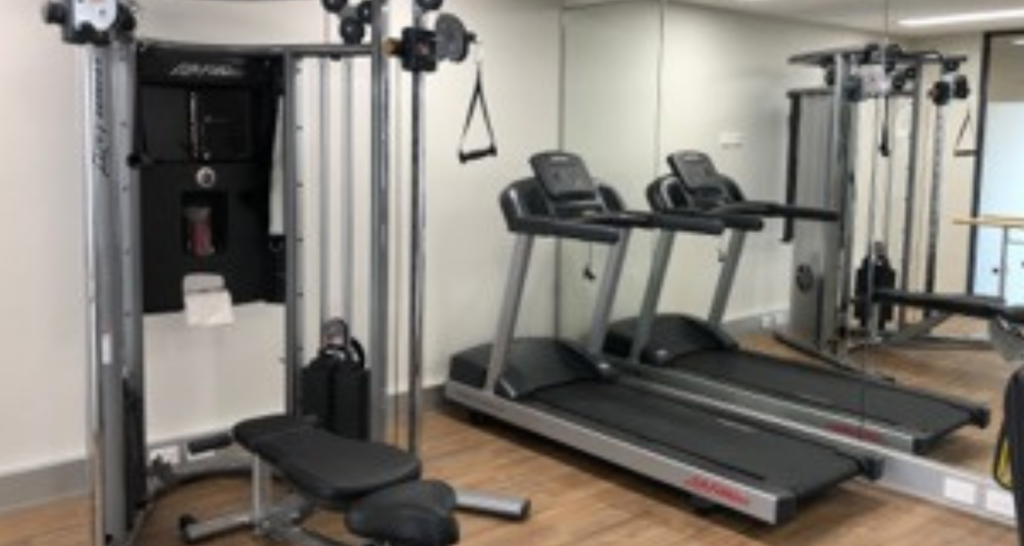
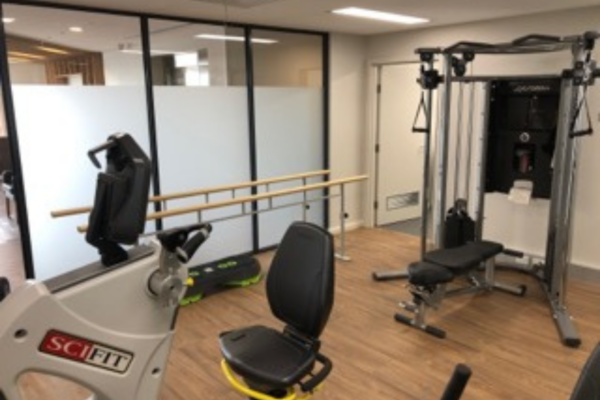


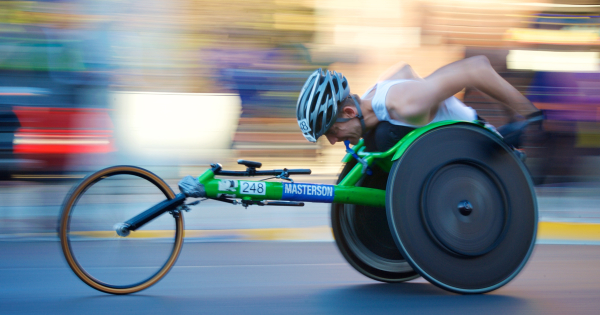
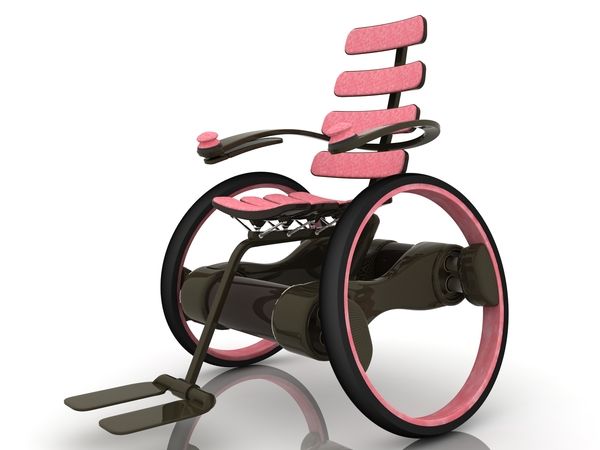
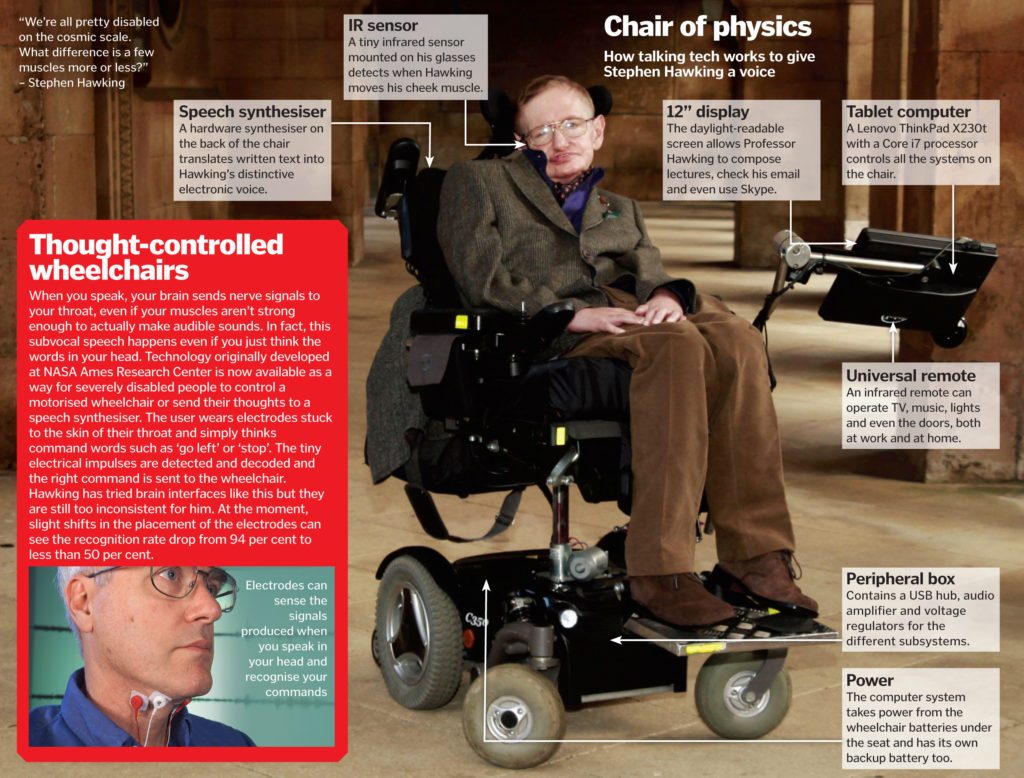
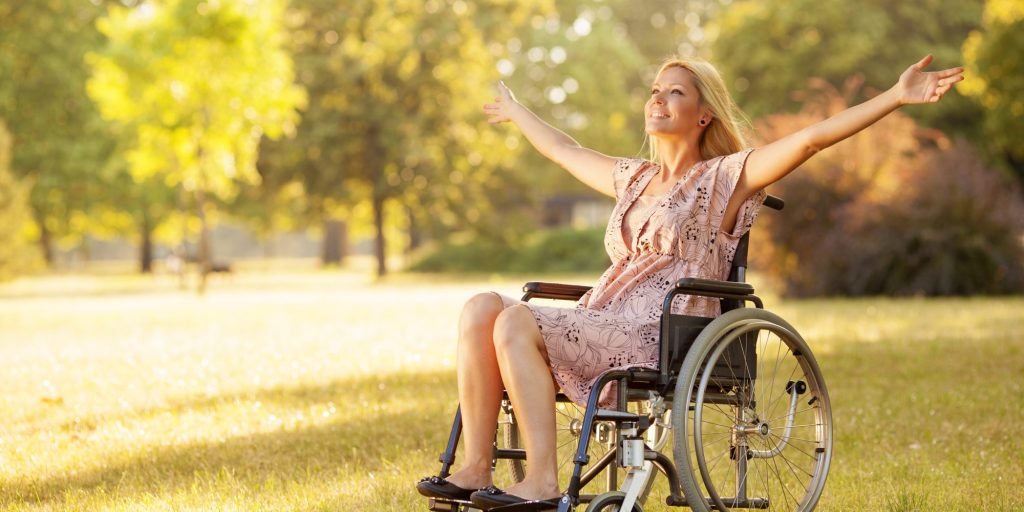
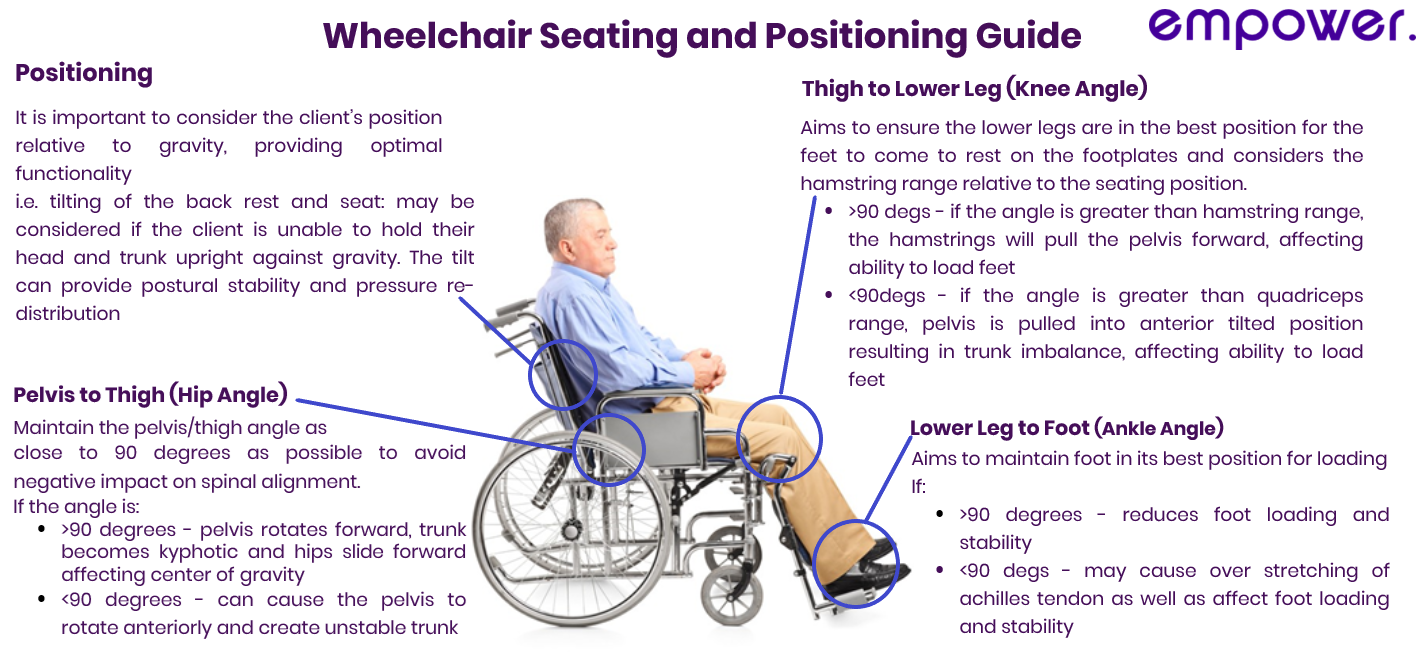 …
…